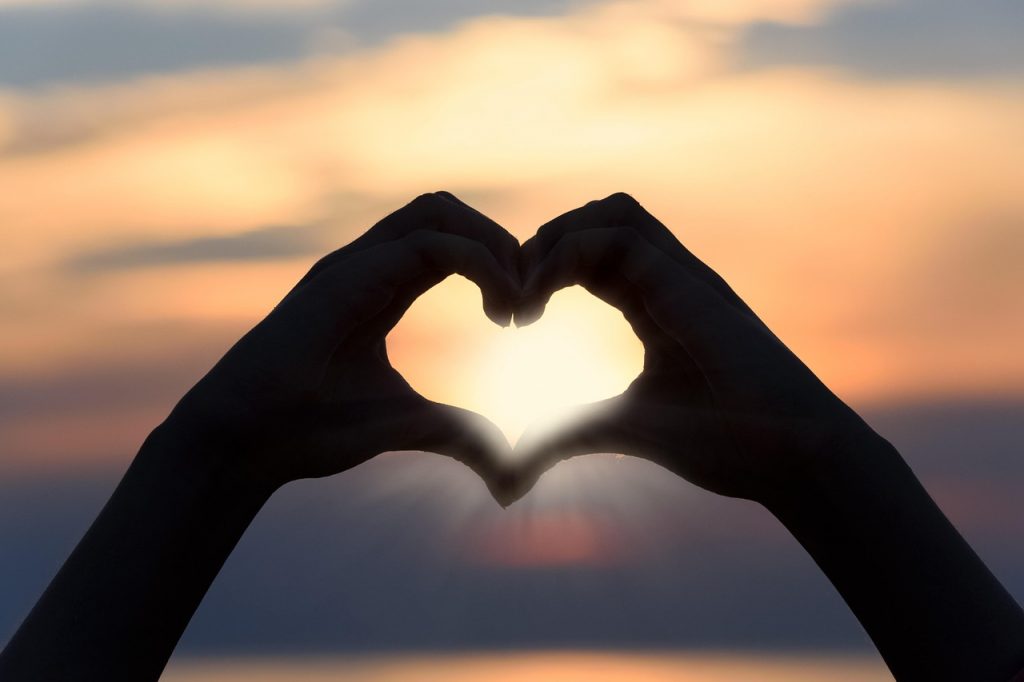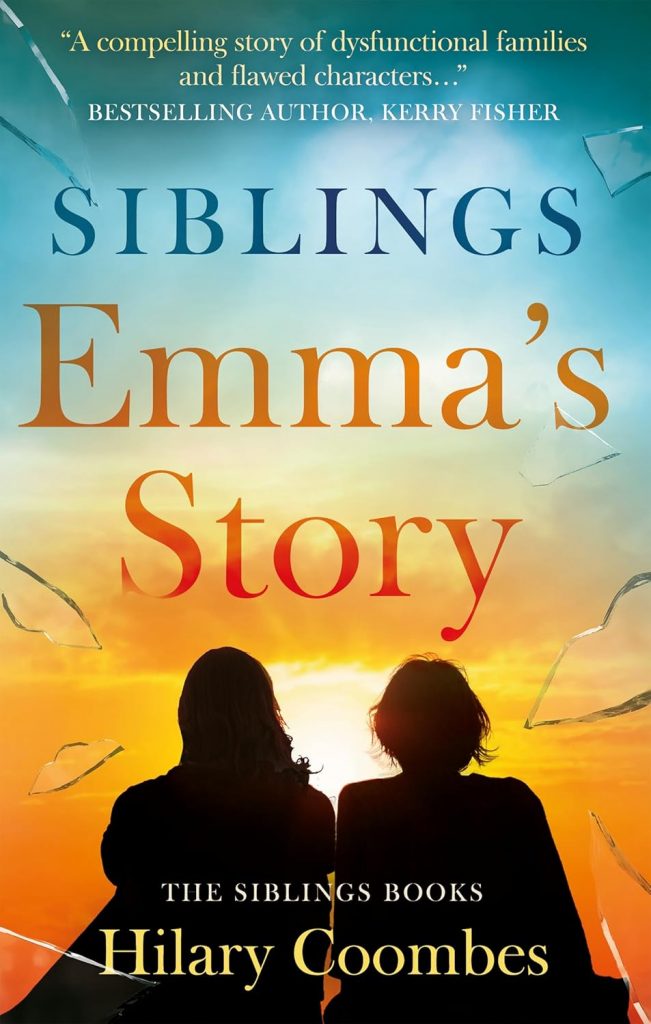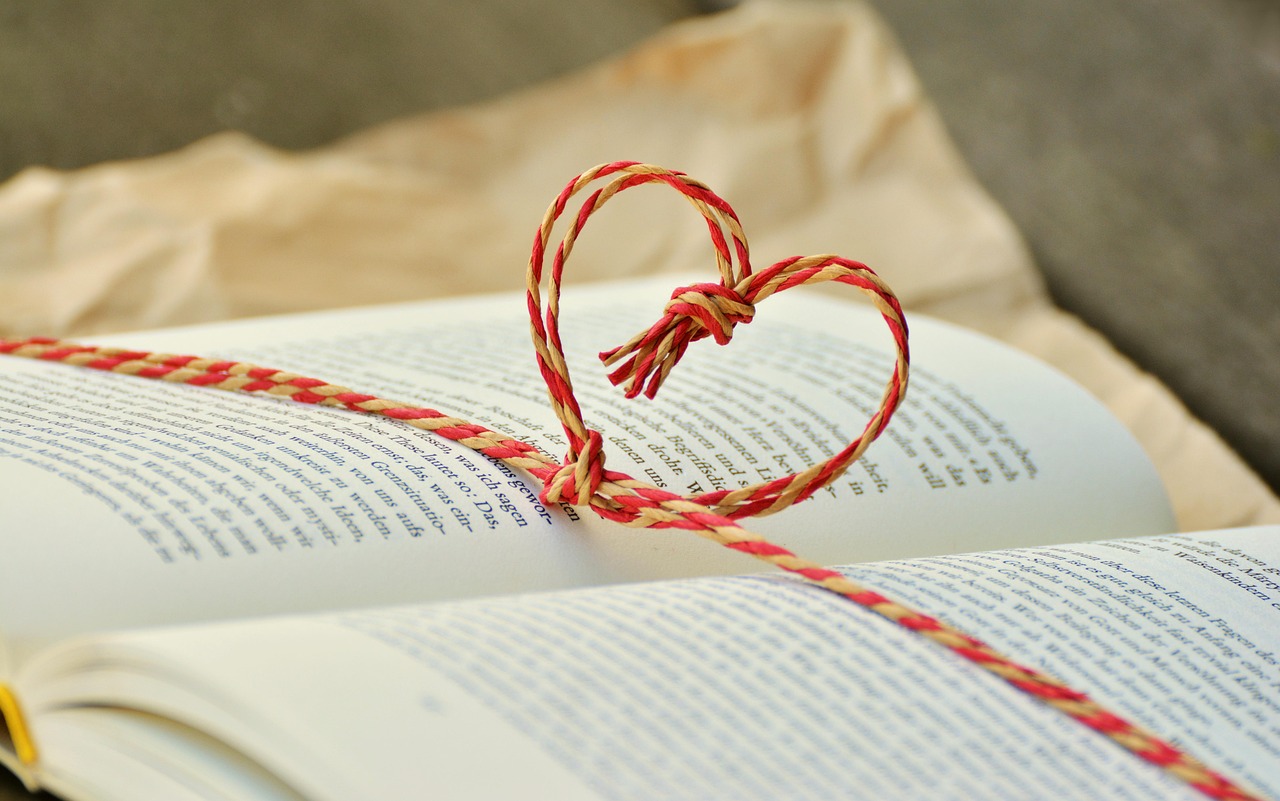My name is Hilary Coombes. This is my adoptee story
Adoption is a word filled with both love and loss. For those of us who are adopted, our stories begin before we can remember – yet they shape every part of who we become. I’ve lived my life as an adoptee, and I’ve come to understand both the beauty and the ache of it.
I was born in Devon many years ago, and just nine days after my birth, was handed over a pub counter to a couple who would eventually become my adoptive parents. The adoption procedure was very different back then. The checks and balances that exist today simply didn’t happen. It was all arranged quietly, behind closed doors, and lives changed in a matter of moments.
However, I’ve been told by very many would-be parents trying to adopt a child nowadays, that there are too many hoops to be jumped through before adoption goes ahead. A sensible balance would seem ideal.
I have no idea how old I was when I was told I was adopted – I simply always knew. There was never a “big reveal,” no dramatic family conversation. It was just a fact of my life. As an adult, I’m deeply grateful for that. I can only imagine the shock of learning such a truth later in life.
Growing up
I grew up as an only child in a poor household with adoptive parents who loved me very much. I couldn’t have asked for more in that sense. I still believe that love is the foundation – the only real thing a child truly needs. If love is in place, the other essentials tend to follow.
On the surface, our family life seemed perfectly normal. But underneath in the quiet spaces of a child’s heart, there were feelings that I didn’t understand, feelings that my parents knew nothing about.
Many adopted children learn early to hide their emotions. They sense that their story is different, that something about them is “other.” For me, that unspoken difference sometimes grew into anger. I use that word deliberately because, through the eyes of a child, the feeling of being ‘given away’ can look and feel a lot like rejection, and feeling angry about it can naturally follow. It wasn’t something I could express; I didn’t have the words. But it lived there, quietly shaping how I saw myself, and how I behaved.
Those questions never really left me. They lived quietly in the background through my teens and adult life, little whispers of who am I? I learned to live with them, but they never disappeared.
As I grew older, anger softened into curiosity. Who is my birth mother? Does she think of me? Do I look like her? I never doubted my adoptive parents’ love, but love doesn’t erase questions of identity. It took me years to understand that being adopted isn’t just about where you end up, it’s also about the mystery of where you began.
Looking back, I wish my parents had known how important it was to talk openly about adoption – to allow space for the messy feelings as well as the gratitude. Adopted children sometimes need permission to feel angry, sad, or lost. Those emotions don’t mean they’re ungrateful; they mean they’re human.

Conversations about my birth family
I always felt that I would upset or hurt my adoptive parents by asking questions. That feeling became ingrained to such an extent that when I was about twelve and my adoptive mother suddenly, ‘out of the blue, asked me if I’d like to know about my birth mother, I immediately said no.
However, the truth was I longed to know, but her question came as such a shock, I feared showing interest would somehow hurt her. In my mind, asking was the same as throwing all her love and support back in her face. Looking back, I think if there had been a gentler, more gradual approach over a period of time, then I might have answered differently.
If you’re an adoptive parent, the best gift you can give your child is space – space to wonder, to ask, to feel. Tell them often that their story is safe with you, that their curiosity won’t hurt you. Because what every adoptee truly wants besides love is understanding.
I was in my early fifties when my adoptive parents passed away. I finally felt ready to search for my birth family, knowing that doing so would no longer cause them pain. It took me ten years to find my biological family.
It wasn’t easy back then: the internet was still in its infancy, and most searches involved long weekends at the London Records Office, or consulting church registers and town hall documents up and down the country. I’ve explored this emotional journey in Siblings Emma’s Story – the characters may be fictional, but I’ve given them the feelings of an adoptee and her family through my experiences.
Finding my birth family
Eventually, determination paid off, and I did find my birth family. What joy! I was rewarded with a birth mother who was still alive, plus three fully biological sisters. My birth mother had never forgotten me; she hadn’t simply ‘given me away’ as I’d always believed. Learning of her life’s experiences helped me put into place the last piece of the jigsaw missing from my own life.
Meeting my birth family was both surreal and grounding. Seeing faces that looked like mine for the first time was something I can’t fully describe – a quiet recognition that went deeper than words. But even as I embraced this new connection, my adoptive parents were never far from my heart. Their love gave me the strength to go searching in the first place.
Healing through writing
Writing became a form of healing for me. Through fiction, I could explore the emotions and questions I had carried for years – the longing, the confusion, the search for belonging. This became the inspiration behind The Siblings Books – stories built around a fictional family, each character shaped by some aspect of adoption.
Writing heartfelt fiction inspired by real experiences of adoption, identity and belonging gave me freedom and at the same time ensured that no member of either of my two families could be identified or affected by my words. Through these books, I wanted to give voice to everyone touched by adoption: birth parents, adoptive parents and siblings on both sides.
I now understand that I may have been handed over a pub counter that day, but over the years, I’ve learned that love, curiosity, and compassion can build bridges stronger than blood. Adoption is not just a legal act – it’s an ongoing conversation of the heart.
If sharing my story helps even one adoptive parent better understand the quiet complexities of their child’s heart, then it’s worth every word. Adoption taught me that family isn’t defined by blood, but by the courage to love across all kinds of beginnings.
Hilary Coombes is the author of –
Siblings: Emma’s Story and Siblings: Kit’s Story with Siblings: Holly’s Story due for release next year.
You can find out more about Hilary on her website
You can find out more about Siblings: Emma’s Story in 10 Adoption Books for Parents-to-Be

Head to the homepage to read the latest articles about adoption, parenting and wellbeing.



